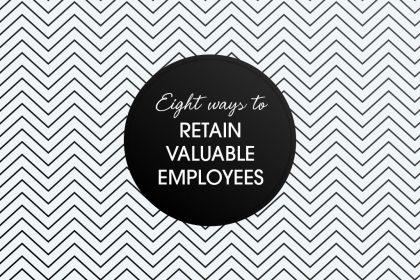Four ways you can ensure your company’s safety is up to scratch
How safe is your company? If you’re not complying to legal legislation you could find yourself in expensive trouble! Read four ways you can ensure your business’ safety is up to scratch.
Workplace accidents and ill-health are an expensive liability for businesses today, so it’s important that you ensure yours is as safe as possible – not least by complying to basic legislation.
And with 640,000 workplace injuries each year in the UK, 1.8 million cases of ill-health caused or made by work, and more than 25 million days lost a year to work-related illness or injury, it’s clear that much more can still be done.
An accident is waiting to happen around every corner
It’s easy to assume that these risks don’t apply to you. Perhaps you’ve just got a tiny design studio, or don’t use any dangerous machinery or substances in your factory.
But potential hazards exist in every workplace – from the most complex industrial process right through to a basic office. And as business writer Patrick Vernon explains, these need to be identified and managed with a clear and properly implemented safety policy.
Four ways you can ensure your safety is up to scratch
To help you ensure you’re running a safe business, here are four ways you can get your company safety up to scratch.
1) Have a clear policy
It’s vital that your business has a clear health and safety policy that everyone in the organisation is aware of and able to access. (It’s no good writing it then storing away on a dusty shelf, never to be seen again!)
This means that everyone who works in your business has clear guidance on your health and safety policy and knows what they need to do – especially, for example, anyone working at height, with chemicals, or carrying out heavy lifting.
It is also important to make sure that all hazardous equipment is clearly marked and labeled, and stored correctly in designated cabinets. You can find out more on how to acquire these cabinets and how to correctly use them here.
You also need to review your policy regularly to ensure it’s up to date. It needs to cover your latest ways of working and take into account the latest legislation that is relevant to your industry.
2) Ensure your training is up to date
Part of the process of writing and maintaining a robust safety policy involves identifying and arranging relevant training for employees. You can sign up for a 10 hour osha class via 360 Training to get started.
Your staff must be fully trained and have regular and relevant refresher courses to stay safe. Remember that the safety of a business is about the people who work within it – the latest technology and resources are only as good as the people that handle them.
3) Encourage communication
The workers in an organisation need to be trained and empowered to be able to raise and resolve any health and safety issues they encounter throughout the workplace.
So make sure you foster a healthy atmosphere where people take responsibility for reporting any issues early on, and ensure they don’t become a bigger problem or a danger to others later.
4) Think beyond the office
Don’t be fooled into thinking the workplace finishes at the front door. Any business that involves the transportation of goods, or delivery of services on-site, will require its employees to travel. And while they’re on the road, their vehicle is your employees’ workplace, which means you need to consider the safety implications of this.
That’s why it’s essential you ensure your their fleet of vehicles are well-maintained. For larger vehicles such as lorries and vans, alarm systems, sensors and cameras from companies like Brigade can also help to eliminate common risks such as the blind spot.
Does your safety policy need updating?
As a business it’s important to take a step back and reflect on the way you operate from time to time. So consider your business in the light of the advice above.
When was your safety policy last updated? Have all new working practices been risk assessed? Are all your staff fully trained, and do they know how to spot and report any concerns they have? Does your policy cover all of the aspects of your business, including employees who travel for work?
If the answer to any of these questions is ‘no’ then it’s wise to get your safety up to scratch. If it’s ‘yes’ then you’re probably running a safe operation, but need to make sure you keep your good work up!










